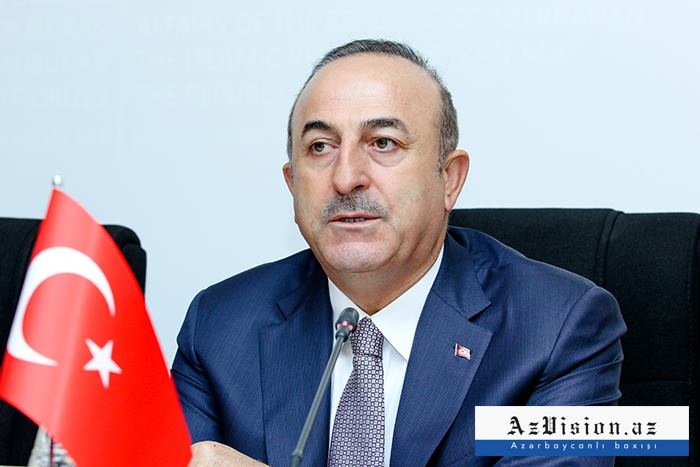Speaking at a year-end news conference assessing Turkish foreign policy, Çavuşoğlu said a working group on the technical level will be formed as talks among experts had begun.
He said the proposal to set up the Turkish-U.S. working group came from the American side and that experts from both countries had begun discussions.
“Because we support dialogue, we said ‘yes’ to the proposal, and the negotiations at the level of experts have started,” he said.
Ankara had previously proposed a working group to assess the potential impact of the S-400s on NATO systems, a suggestion initially ignored by Washington.
Çavuşoğlu said U.S. Secretary of State Mike Pompeo had now indicated an interest in setting up a joint working group.
"In our meeting with Pompeo, we said our proposal still stands and the Americans said let's work together on this issue. There are talks right now; the joint working group has not been set up yet," he said.
Underscoring that opinions differ as to whether the sanctions are heavy or not, he said imposing sanctions is a misstep both politically and legally.
"It is an attack on our sovereign rights," he stressed.
The U.S. announced sanctions earlier this month to penalize Turkey over its procurement of Russia’s advanced S-400 missile defense system, under a U.S. law known as CAATSA which aims to push back against Russian influence. It was the first time that CAATSA had been used to penalize a U.S. ally.
The sanctions target Turkey's Presidency of Defense Industries (SSB), its chief, Ismail Demir, and three other employees.
The sanctions come at a delicate moment in the fraught relationship between Ankara and Washington as Democratic President-elect Joe Biden gears up to take office on Jan. 20, replacing Republican incumbent Donald Trump.
















































